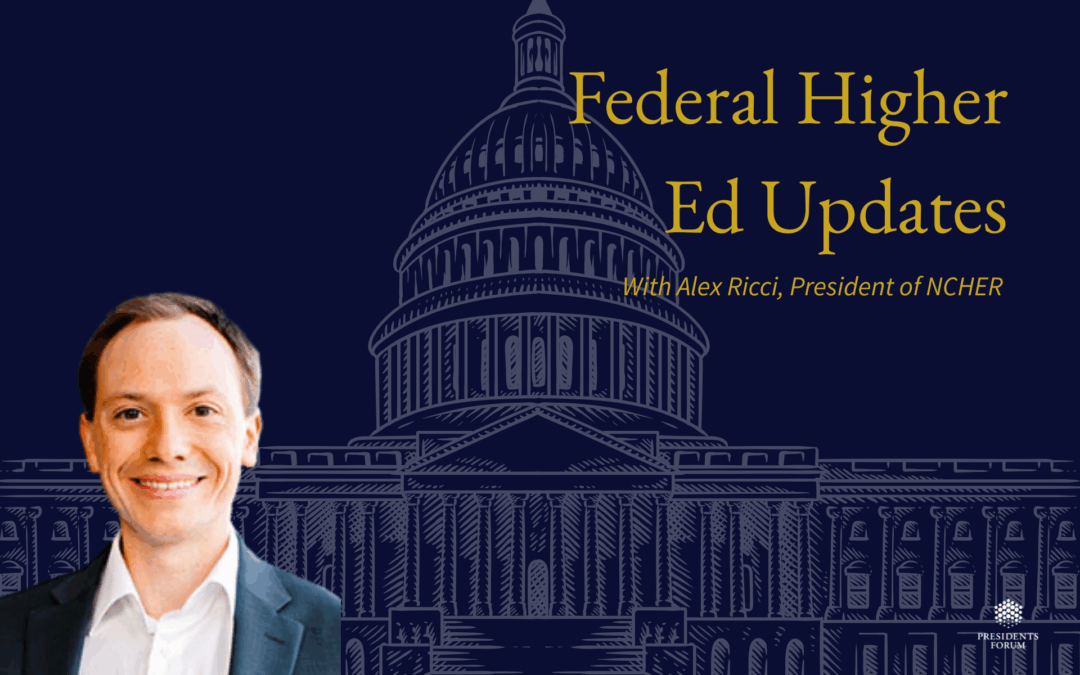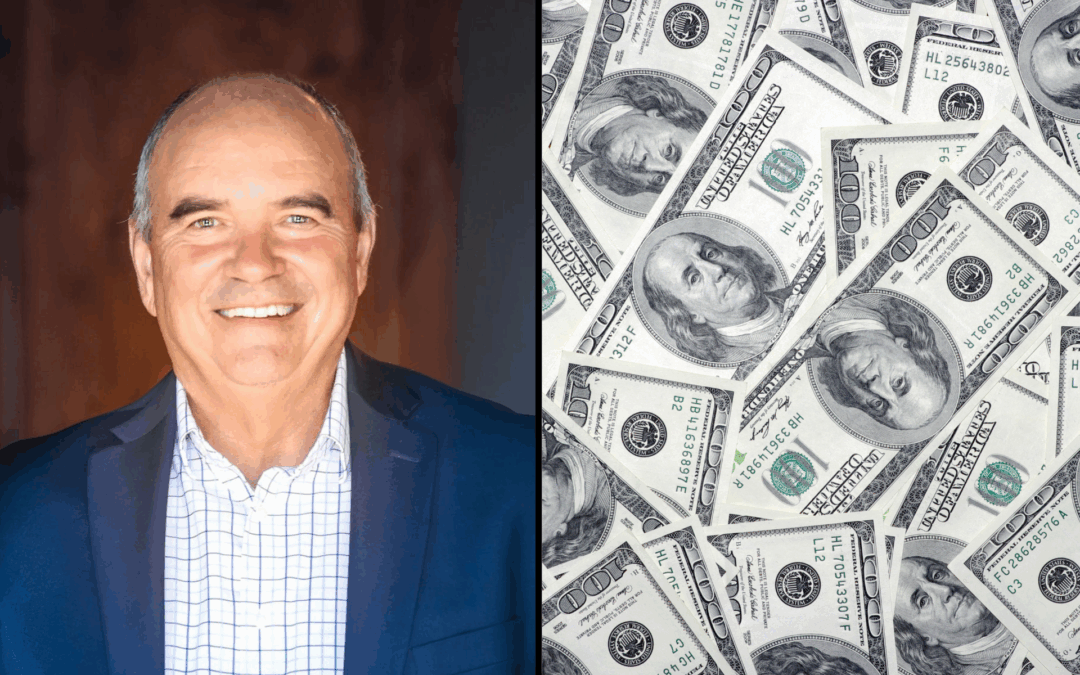
What Cengage Work Is Watching on Workforce Pell
What Cengage Work Is Watching on Workforce Pell
We spoke with Rya Conrad-Bradshaw of Cengage Work to understand how their organization is approaching Workforce Pell as federal rulemaking begins. Her comments reflect Cengage Work’s perspective and add to the range of viewpoints emerging across the workforce and higher education ecosystem.
Why it matters
Workforce Pell will influence how institutions deliver short, job-aligned programs for working learners. Presidents Forum members operate across states, modalities, and workforce sectors, making it important to track how different organizations are interpreting the policy environment.
Key points from the conversation
- Non-credit programs: Cengage Work highlighted the need to include non-credit workforce programs and to create clear pathways that connect non-credit learning to credit-bearing credentials.
- Partnership models: Many institutions rely on external partners for technical or specialized workforce training. Cengage Work is focused on how these partnerships will be defined and regulated under Workforce Pell.
- State implementation: With governors and state workforce boards involved, Cengage Work expects variation across states—a key factor for institutions serving multi-state or online student populations.
- Outcomes: For short-term programs, Cengage Work pointed to completion, job placement, and earnings as central measures, acknowledging that shorter programs operate on different timelines than traditional degrees.
Looking ahead
Presidents Forum will continue elevating diverse perspectives to support member awareness as Workforce Pell moves through rulemaking and toward implementation.






Recent Comments